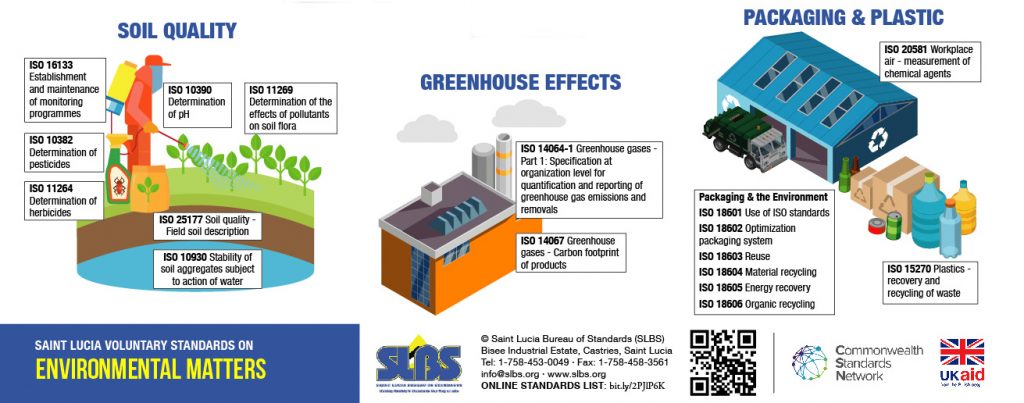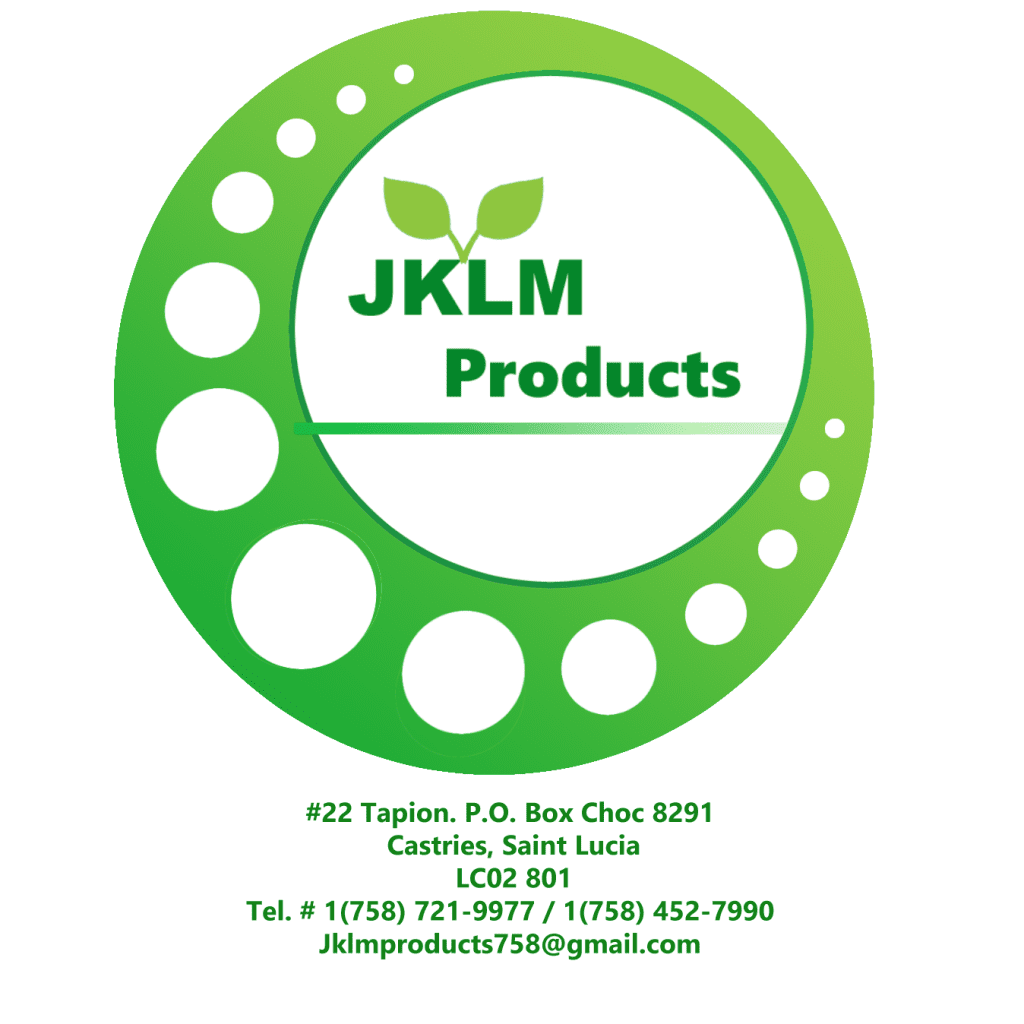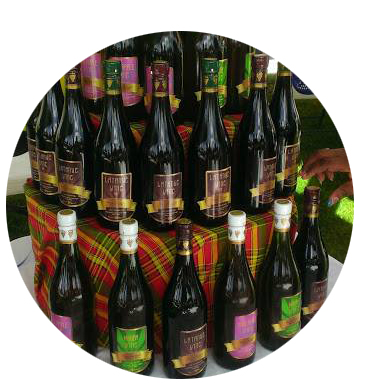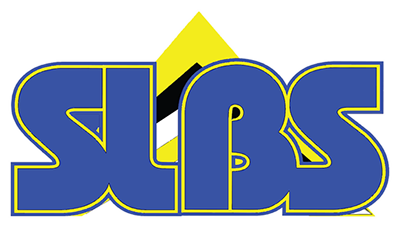Standards Link
Volume 1 Issue 25
Saint Lucia expands access to International Standards

The Saint Lucia Bureau of Standards has expanded its standards portfolio with the addition of over 300 international standards bringing the present standards library to 446 standards addressing a myriad of sectors with particular focus on growing the Saint Lucian economy.
The expansion of the standards portfolio was made possible under the first phase of the Commonwealth Standards Network(CSN). A team of experts in standardization have been worked alongside the Standards Development Department to advance standards adoption and put more tools in the hands of economic sectors to spur competitiveness and open new markets to the local productive sector as part of a key component of the CSN project.
Many of the standards are concerned with food safety or product safety. The expansion of the portfolio has meant a significant shift in areas of the economic sector widening the scope of standards development with the ultimate objective of stimulating the manufacturing and service sectors of the economy.
The SLBS through its membership to the International Organization of Standardization ISO pulled a number of ISO standards which through its robust Technical Committee process was seen as relevant to businesses in Saint Lucia.
As of the first half of 2020 the standards were adopted following a review process where anyone with interest had an opportunity to comment as well as a series of workshop during the comment process which brought key industry operators in discussions of the proposed standards.
The SLBS is hoping that with the new expanded catalog of Saint Lucia National Standards, there will be greater exposure and improved access to standards which will aid local economic actors to improve in the quality of their goods and services as they seeks to trade in the local, regional and international markets.
Compliance with these standards is completely voluntary.
The increase in the number of standards adopted supports efforts to promote the benefits of using of standards. Standards advocates insists that a foremost benefit in implementing standards is that at its simplest it is easier to do business with another enterprise, especially one that is outside the country, if both parties understand and comply with the relevant standards. Second, if you don’t comply with a national standard and everything goes fine in your business dealings – then everybody is happy. No problems. It’s all good, however, if something goes wrong, perhaps there’s a dispute over the quality of workmanship or even an injury, then you are in a rather awkward situation, by you willfully ignoring a standard where it exists, there is a costlier outcome which will have to be borne by you.
Standards make everything much clearer and there are fewer opportunities for misunderstanding if both parties in any contract agree to work to a common standard.
Visit the SLBS website www.slbs.org for further information on the standards process and how you can get involved. Click here for the SLBS Standards Catalogue.
Saint Lucia Bureau of Standards focuses on lowering energy consumption
The environmental cost of fossil fuel use is at the centre of a region-wide project for energy efficiency and renewable energy initiatives in quality infrastructure focusing attention on three areas which will impact household and industry energy consumption.
Saint Lucia is participating in two separate projects, the Regional Energy Efficiency Building Code (REEBC), and the Quality for Sustainable Energy in the Caribbean (QSEC). The REEBC will target energy conservation in buildings whether commercial or residential and the QSEC will have part of its focus on an energy efficiency labeling programme to promote the use of energy efficient household appliances.
The region including Saint Lucia relies almost exclusively on imported fossil fuels to generate electricity. While this is not an exercise to replace the use of fossil fuels, the goal is to help consumers transition to products which will be powered by less energy and begin the process of reducing consumption by households and industry.

The Saint Lucia Bureau of Standards is the lead agency in Saint Lucia’s involvement with the projects. Director of the Saint Lucia Bureau of Standards Mr. Verne Emmanuel says by embracing strategies which promote and facilitate energy efficiency small island states are taking critical incremental steps that will lead the country and the region towards reducing our reliance on fossil fuel and ensure that we have a sustainable energy portfolio.”
The SLBS is working closely with stakeholders for imminent implementation of the QSEC project. The project covers products ranging from refrigerators, freezers, wine chillers and air conditioners (ACs) intended for household use as well as light bulbs. The QSEC project will allow manufacturers, importers, retailers and distributors with intention of selling any of these products under the program in the region, to have each model unit registered and tested and the corresponding energy efficiency label affixed to the products, prior to sale in the Saint Lucia market. The units will subsequently be affixed with the corresponding energy efficiency label.
The CARICOM Regional Energy Efficiency Building Code (CREEBC) project is also picking up steam with a regional initiative afoot to raise awareness of the importance of implementing the CREEBC with a number of regional countries having yet to adopt the code.
Safer vehicles for Consumer Protection
The Saint Lucia Bureau of Standards is working towards an implementation date in the second half of 2020 for the Vehicle Preshipment Inspection and Verification initiative under the Compulsory Standards Compliance Programme CSCP.
The programme is a response to consumer complaints of vehicle safety and quality which has lead to loss of investment in vehicles in some cases.
The Preshipment Inspection and Verification programme was set to be rolled out in the first quarter of the 2020 financial year but was delayed as a result of the COVID 19 pandemic.

The purpose and objective of the programme is to prevent the importation of defective vehicles, reduce the impact of disposal and use on the environment and give consumer valuable information about their purchases, identify safer vehicles with are free of radiation and elimination of vehicles with fraudulent mileage.
Once the program is implemented it will be mandatory for all vehicles imported used and new to have a PSI certificate.
For more information on program visit the SLBS website at www.slbs.org or visit us on Facebook.
SLBS helps Food Establishments Assure Food Safety



Three producers of food products in Saint Lucia are affirming that their food is produced under the highest of standards and they have the proof.
The Saint Lucia Bureau of Standards has certified the food production and processing practices of JKLM Products, AMICI Restaurant LTD and Vel’s Multi Services Ltd as having met the requirements for certification based on the standard, SLCP 1:1995 Code of Practice for General Principles of Food Hygiene.
JKLM Products of Tapion are producers of grated and shredded coconut as well as coconut flakes.
Another company AMICI Restaurant Ltd at the Baywalk Mall, Rodney Bay Gros Islet had its certification applicable to tomato sauce, bolognese, arrabbiata cheese ravioli, veal ravioli, lasagna (vegetable & meat) margherita/pizza (frozen) & spaghetti chitarra.
Local wine makers Vels Multi Services of Richfond, Mabouya Valley, Dennery first certified in 2014 was recertified for the 6th year running for its Vel’s Latanye wine and Vel’s Mauby bark.
The goal of certification of that kind is to is to promote awareness among the staff of the various organizations that safety of consumers is critical to what they do, additionally it ensures that staff are trained to work with food, build customer confidence and the preservation of the integrity of the business.
The SLBS congratulates the certified companies on their achievement.
